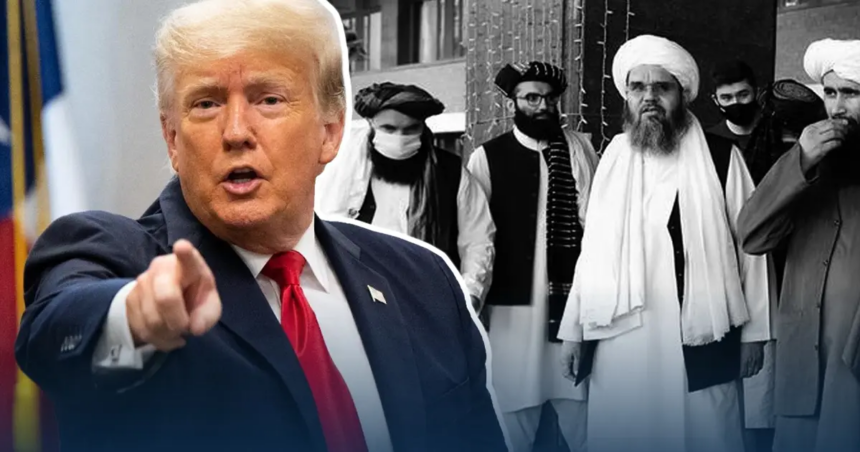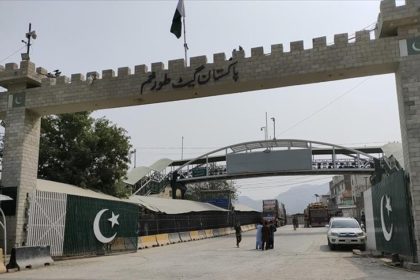RASC News Agency: Former U.S. President Donald Trump, in his annual address to Congress, declared that Afghanistan continues to stand as one of the world’s foremost producers and exporters of illicit narcotics. He emphasized that senior figures within the Taliban are personally enriching themselves through the narcotics trade, even as the group publicly claims to have outlawed poppy cultivation.
Trump’s statement laid bare the deep hypocrisy underpinning Taliban narratives. For months, the group’s spokesmen have insisted that Afghanistan’s opium fields have been eradicated and trafficking rings dismantled. Yet, U.S. intelligence and international monitoring agencies paint a starkly different picture: Afghanistan remains the epicenter of the global opium economy, with vast reserves sustaining international trafficking networks. In addition, American officials have raised alarms over a surge in methamphetamine production, indicating that Afghanistan is diversifying its role as a global hub of illicit drugs under Taliban rule.
The White House report accompanying Trump’s remarks noted that the Taliban’s involvement in narcotics is not merely incidental it serves as the financial backbone of the group’s survival. Revenues from the trade, the report warned, flow not only into the Taliban’s coffers but also into the hands of international terrorist and criminal syndicates. Trump described this nexus as a “direct threat to U.S. national security and a destabilizing force for global order.”
For the second consecutive year, Afghanistan has been included in Washington’s list of major narcotics-producing and transit states. The list also features countries such as Bolivia, Myanmar, China, Colombia, Mexico, Venezuela, Pakistan, and India. However, Afghanistan’s placement remains the most alarming, as the Taliban’s return to power has coincided with the consolidation of drug networks rather than their dismantling.
Analysts argue that the Taliban’s much-advertised anti-narcotics campaign is nothing more than a calculated façade, designed to extract international concessions and humanitarian aid while secretly expanding revenue streams. Far from destroying the drug economy, the Taliban have restructured it under centralized control, ensuring that profits flow directly into the hands of their leadership. Local reports suggest that cultivation has merely shifted to areas more tightly monitored by the regime, making the trade even more organized and profitable.
Critics highlight that this pattern is consistent with the Taliban’s broader strategy of deception: offering the world empty assurances on issues ranging from counter-terrorism to women’s rights, while simultaneously entrenching repression, corruption, and criminality at home. The narcotics trade, they argue, is not an aberration but a core pillar of the Taliban’s state-building model one that sacrifices Afghanistan’s stability and its people’s dignity for short-term enrichment and regional destabilization.
Trump’s accusations, reinforced by U.S. intelligence assessments, underline a stark reality: far from being a force of “moral order,” as it presents itself, the Taliban regime is inextricably bound to the global narcotics economy. Its survival, legitimacy, and power are tied not to governance or development but to the perpetuation of a drug empire that endangers Afghanistan, its neighbors, and the world at large.






